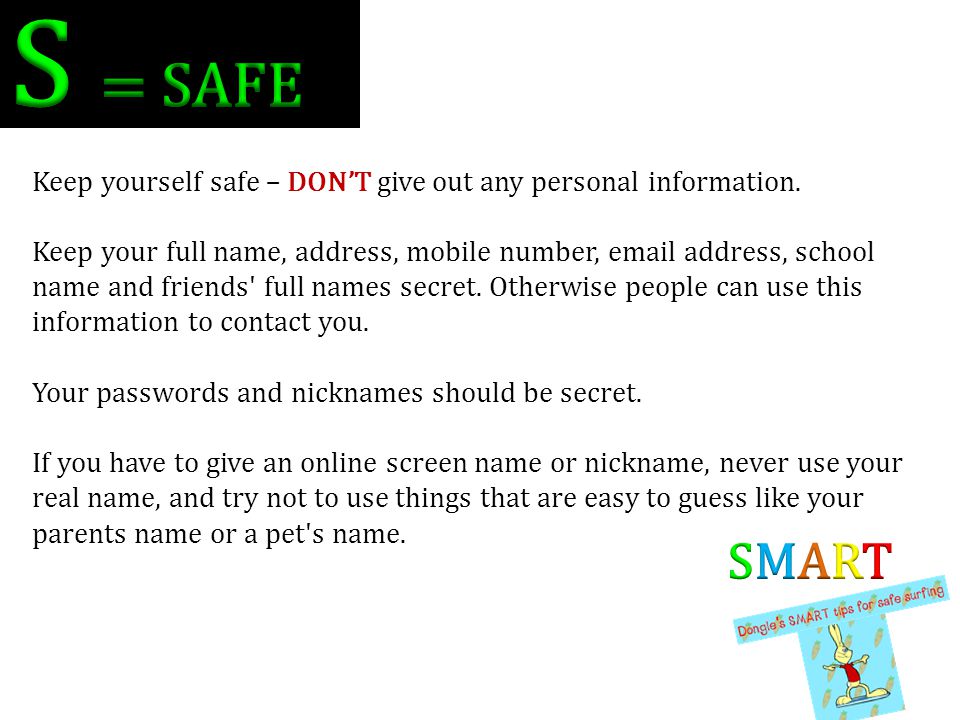Hubbard2019DataAnalysisDay2
Reflection for the first article:
Basically, this article is suggesting that you can not trust every profile on social media because you can’t trust who the profile actually is because you can use stock images. This is related to me because I use social media myself and it shows me that I can not trust people I don’t know on social media. This also shows me that I can’t trust people who are giving their political ideas because those people can lie about who they are and what they actually think to influence us in some way or another. Stock photos are a common way that people hid their identity behind someone else’s because they use a stock photo and not their actual image. This is also concerning for me because if someone that I don’t know tries to influence my decision on something, I have to be cautious about if I listen to them or not.
Reflection for the second article:
This article has shown me how people will try to scam you by using public tragedies to their advantage. People can do this by saying that they lost a kid in a public event and they need help trying to find them. Some of these are real but you can’t trust them all as some people are horrible and will use these scenarios to make money and gain people’s sympathy. An example of this is people that say “Help me find my kid that I lost in the Manchester shooting, please donate to our Go-fund-me page to help out”. This can be real but it is most likely fake because they are trying to get your sympathy to give them money for no reason. People like this on social media are horrible people and in my opinion, this should be considered a crime. This has made me learn to be more cautious of what I believe on social media and to also help out with fixing this problem.






